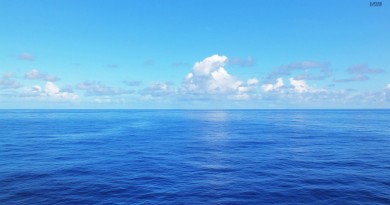Kenya bans use, manufacture of plastic bags
The Government of Kenya on Wednesday March 15, 2017 announced a ban on the use, manufacture and import of all plastic bags, to take effect in six months. This announcement comes just three weeks after the UN declared a “war on plastic” through its new Clean Seas initiative, which has already secured commitments to address major plastic pollution from 10 governments.
Some 100 million plastic bags are handed out every year in Kenya by supermarkets alone. Long identified as a major cause of environmental damage and health problems, they kill birds, fish and other animals that mistake them for food, damage agricultural land, pollute tourist sites and provide breeding grounds for the mosquitoes that carry malaria and dengue fever.
“Kenya is taking decisive action to remove an ugly stain on its outstanding natural beauty,” said Erik Solheim, Head of UN Environment. “Plastic waste also causes immeasurable damage to fragile ecosystems – both on land and at sea – and this decision is a major breakthrough in our global effort to turn the tide on plastic.
“Kenya should be commended for its environmental leadership. It’s a great example that I hope will inspire others, and help drive further commitments to the Clean Seas campaign.”
Plastic bags are the number one challenge for urban waste disposal in Kenya, particularly in the poorest communities where access to disposal systems and healthcare is limited.
They also contribute to the 8 million tonnes of plastic that leak into the ocean every year. At current rates by 2050 there will be more plastic in the oceans than fish, wreaking havoc on marine fisheries, wildlife and tourism.
Kenya today is the 11th country to take action in support of the UN Environment campaign. In Africa, Rwanda and Morocco have already banned plastic bags and other countries are set to announce measures in the coming weeks.
Further afield, Indonesia has committed to slash marine litter by 70%, Canada has added microbeads (tiny particles of plastic) to its list of toxic substances, and New Zealand, the UK and the US have annouced bans on microbeads in cosmetics.




